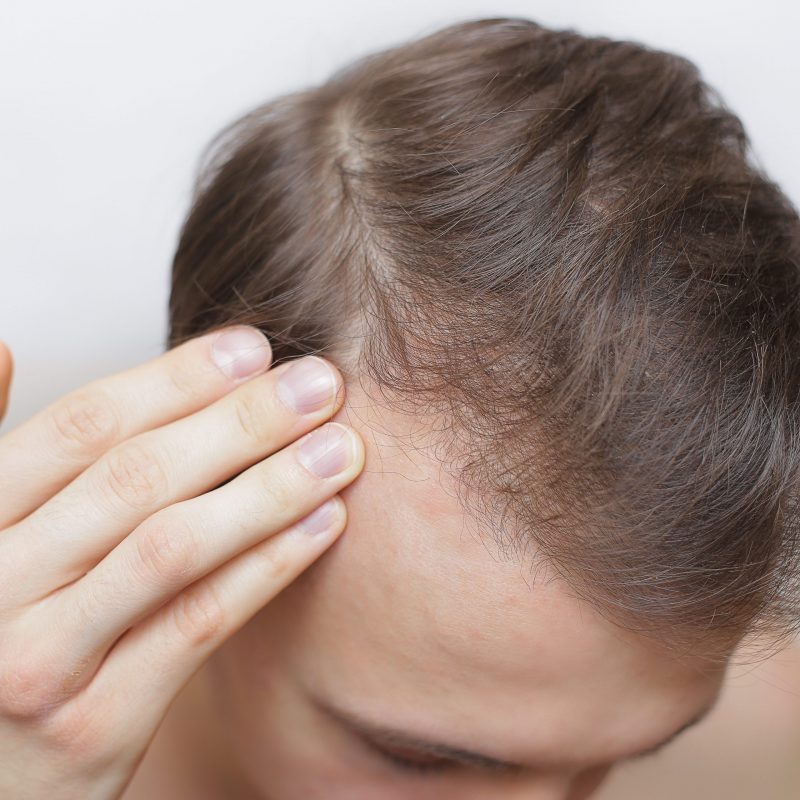The Psychology of Hair Loss

In a recent conversation, we sat down with hair specialist Dr Stuart Daly about the psychological effects that hair loss has on a person. Here is what he had to say:
As with the condition itself, the psychology of hair loss is a condition that has been around for centuries, if not millennia. I found some brilliant history books, with references back to Julius Caesar’s time and the fact that he was one of the first recorded recipients of what we now call the comb over, sometimes called illusion styling, and he made good use of it because in fact he had lost most of his hair. He had significant hair loss and as a result was left only with what we call the hippocratic wreath.
So now with the psychology of hair loss, what we have learned in more recent decades is the following:
When a patient has lost all of their genetically susceptible hair and it has been a number of years since they started to lose it, whilst they would love to have more hair, they have a degree of peace with their situation. What tends to cause the most distress is the active process of regression. The active process of losing hair so at each stage of the hair loss journey, it tends to come in little bouts, and the patient has just gotten used to their new situation and then the next bout of recession occurs and that is the thing that tends to be particularly distressing for patients, both men and women.
It is worth mentioning at this point that androgenic alopecia is the catch all term for both genders and in men we call it male pattern hair loss or male pattern balding and in women we call it female pattern hair loss. The patterns that occur in women and men are different. Women typically have a diffuse loss, very much described as a Christmas tree pattern across the top of the scalp, whereas men as we more typically know have the patterned phase of loss. In both cases however it is very distressing. Therefore, when we come to the treatments the positive impact on the psychology of the patient, one of the first things we focus on is halting the progression of further hair loss. It can have a huge beneficial psychological impact knowing that what I have today from my hair is what I am likely to have next year.
If you’re interested in seeing any of our specialists, please leave an enquiry via the form below.
